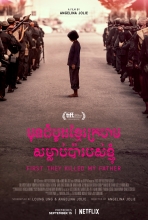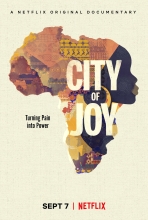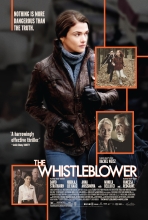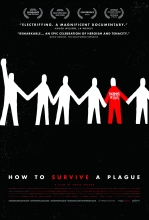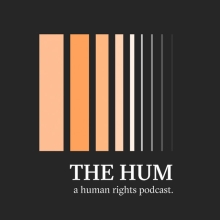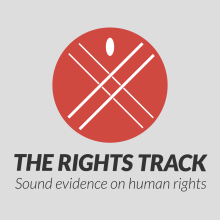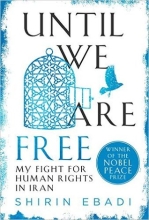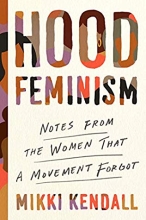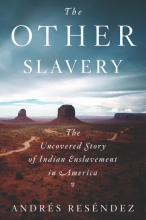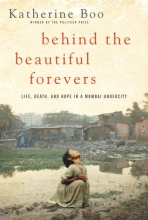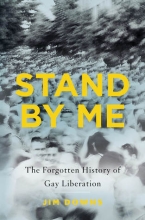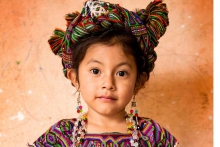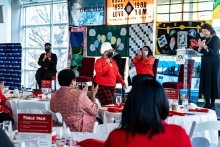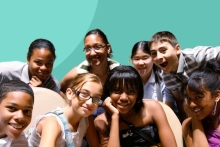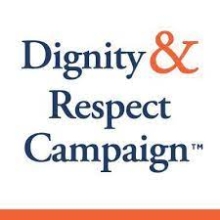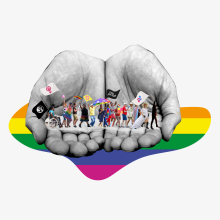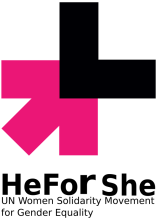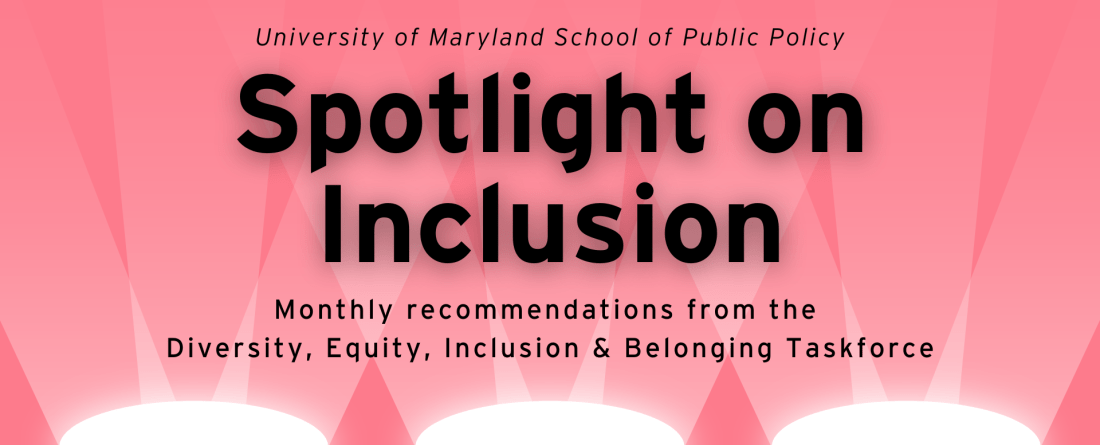
The School of Public Policy is committed to creating a thriving, inclusive environment at the School, where everyone takes an active role in incorporating diversity, inclusion and belonging into their work, classroom and interactions with students and colleagues. To that end, we’re excited to share our monthly recommendations for books, poetry, documentaries, podcasts, art and more for students to refer to on their personal and professional journeys to cultivating diversity, inclusion and belonging.
In the month of December we observe Universal Human Rights Month and World AIDS Day (December 1), as well as several winter holidays. To that end, here are a few recommendations from SPP staff, faculty, and members of the Diversity, Inclusion and Belonging Taskforce for you to engage with this month!
Widely Celebrated Winter Holidays
Hanukkah – Hebrew for “dedication” – is a Jewish holiday based on the story of the menorah in the Second Temple of Jerusalem that burned for eight days in spite of only having a single day’s supply of oil. Hanukkah is celebrated for eight nights, and during each night, families light candles on a menorah, a traditional candelabra; as well as tell the Hanukkah story and eat traditional dishes, often fried in oil, such as potato pancakes called latkes and jelly-filled donuts called sufganiyot.
Las Posadas, Spanish for “The Inns,” is celebrated throughout Mexico and Central America. It honors the journey of Mary and Joseph from Nazareth to Bethlehem in search of lodging. During each night of this nine-day festival, a small child dressed as an angel leads a procession through towns and cities. Following the procession, mass is held, followed by the breaking of piñata, usually shaped like a star in honor of the one that led the three wise men to Jesus’ birth site.
This Pagan celebration of the darkest day of the year, originally called Yule, is one of the oldest recorded winter holidays in history. At its core is the rebirth of the sun – a welcoming back of longer days of sunlight – and it has long been viewed as a powerful time for energy renewal and introspection. Historically, Yule – also referred to as Christmastide or Yuletide – was celebrated by feeding a large oak tree into the fireplace, and decorating the home with evergreen boughs, holly, ivy, and mistletoe. Modern celebrations include meditation, the exchange of nature-themed gifts, crafting an evergreen wreath, candlelight celebrations, and spending time in nature to honor and celebrate its many gifts.
Zuni and Hopi Native American tribes in the southern U.S. honor the Winter Solstice on Tuesday, December 22 with a ceremony to lure back the sun god, who is believed to have traveled away from the tribes during the winter. Traditionally, it’s viewed as a time for purification and, for the Hopi, it’s a festival that lasts 16 days and includes prayers, supplications, a passing down of stories from elders in the tribe, and concludes with a feast during which tribe members dress up in masks and costumes to represent Kachina spirits – spirits believed to support the community – and perform dances. Traditionally, children are given dolls that represent the Kachina spirits as gifts.
Christmas is a Christian festival commemorating the birth of Jesus Christ, believed to be the son of God. People worldwide celebrate this global holiday by throwing a grand party and exchanging gifts. On Christmas children receive gifts from their family, friends, Santa Claus, or Father Christmas. Christmas is a family affair, and many invite friends or relatives to a Christmas buffet or pot luck meal. Everyone has their way of celebrating Christmas, but all it ends up with excitement and fun.
Created in 1966 by Dr. Maulana Karenga, Kwanzaa – which stems from a Swahili phrase meaning “first fruits" – honors African-American culture. Each of Kwanzaa’s seven nights involves a candle-lighting ceremony during which attendees light a candle representing one of Kwanzaa’s seven principles: unity, self-determination, collective work/responsibility, cooperative economics, purpose, creativity, and faith. Kwanzaa also honors seven symbols, beginning with a placemat upon which the other six – candleholder, seven candles, crops, corn, a unity cup, and gifts – are placed. Along with the black, red, and green Bendera flag –whose colors represent the people, the struggle, and the hope that results from their struggle – and African works of art, the celebration is intended to reflect upon and celebrate the community’s culture and contributions to society at large.
Osaka Festival is celebrated on 31st December 2022 in Japanese culture and is also named Japanese New Year. It is celebrated by people cleansing their homes and eliminating last year’s clutter by cleaning from top to bottom. People plan a feast with their friends and family with some traditional Japanese foods.
Resources
First They Killed My Father (Netflix)
First They Killed My Father (មុនដំបូងខ្មែរក្រហមសម្លាប់ប៉ារបស់ខ្ញុំ, Mŭn Dâmbong Khmêr Krâhâm Sâmloăb Pa Rôbás Khnhŭm) is a 2017 Cambodian-American Khmer-language biographical historical thriller film directed by Angelina Jolie and written by Jolie and Loung Ung, based on Ung's memoir of the same name. Set in 1975, the film depicts 7-year-old Loung, who is forced to be trained as a child soldier while her siblings are sent to labor camps during the Khmer Rouge regime.
City of Joy (Netflix)
City of Joy follows the first class of students at a remarkable leadership center in the Eastern Democratic Republic of Congo, a region often referred to as "the worst place in the world to be a woman." These women have been through unspeakable violence spurred on by a 20 year war driven by colonialism and greed. The women band together with the three founders of the center: Dr. Denis Mukwege, radical playwright and activist Eve Ensler, and human rights activist, Christine Schuler-Deschryver, to find a way to create meaning in their lives even when all that was meaningful to them has long been stripped away. In this ultimately uplifting film, we witness the tremendous resilience as these women transform their devastation into powerful forms of leadership for their beloved country.
The Whistleblower (Prime Video, Apple TV)
The Whistleblower is a 2010 biographical drama film which was inspired by the story of Kathryn Bolkovac, a Nebraska police officer who was recruited as a United Nations peacekeeper for DynCorp International in post-war Bosnia and Herzegovina in 1999. While there, she discovered a Bosnian sex trafficking ring serving and facilitated by DynCorp employees, with international peacekeepers looking the other way, and was fired and forced out of the country after attempting to shut down the ring.
How to Survive a Plague (Netflix, Prime Video, iTunes)
How to Survive a Plague is a riveting, powerful telling of the story of the grassroots movement of activists, many of them in a life-or-death struggle, who seized upon scientific research to help develop the drugs that turned HIV from a mostly fatal infection to a manageable disease. Ignored by public officials, religious leaders, and the nation at large, and confronted with shame and hatred, this small group of men and women chose to fight for their right to live by educating themselves and demanding to become full partners in the race for effective treatments. Around the globe, 16 million people are alive today thanks to their efforts.
Declarations - The Human Rights Podcast (Spotify, Apple Podcasts)
Declarations is the human rights podcast coming to you each week from the Centre of Governance and Human Rights, University of Cambridge. Tune in as we explore human rights with people who study them, and people who fight for them, from the UK and around the world. Started in 2016, the podcast brings in academics, activists, and practitioners for accessible discussions about their areas of expertise as they relate to human rights for audiences from all walks of life.
The Hum (Apple Podcasts)
The Hum is a podcast that cuts straight to the heart of human rights stories. Raw, honest and uncensored, from the people who have lived them first-hand. Real people. Real stories. Every other Tuesday. Please note that the content may include content which is triggering. The Hum is an initiative of JAYU, a charity that shares human rights stories through the arts.
The Rights Track (Spotify, Apple Podcasts, Google Podcasts)
The Rights Track podcast gets the hard facts about the human rights challenges facing the world today and aims to get our thinking about human rights on the right track. The podcast is hosted by Professor Todd Landman, a human rights scholar and champion for the advancement of human rights understanding. Each episode is an insightful, compelling and rigorous interview with people engaged in systematic human rights research.
Until We Are Free: My Fight for Human Rights in Iran
The first Muslim woman to receive the Nobel Peace Prize, Shirin Ebadi has inspired millions around the globe through her work as a human rights lawyer defending women and children against a brutal regime in Iran. Now Ebadi tells her story of courage and defiance in the face of a government out to destroy her, her family, and her mission: to bring justice to the people and the country she loves in her book Until We Are Free: My Fight for Human Rights in Iran.
Hood Feminism
Today's feminist movement has a glaring blind spot, and paradoxically, it is women. Mainstream feminists rarely talk about meeting basic needs as a feminist issue, argues Mikki Kendall, but food insecurity, access to quality education, safe neighborhoods, a living wage, and medical care are all feminist issues. All too often, however, the focus is not on basic survival for the many, but on increasing privilege for the few. That feminists refuse to prioritize these issues has only exacerbated the age-old problem of both internecine discord and women who rebuff at carrying the title. Moreover, prominent white feminists broadly suffer from their own myopia with regard to how things like race, class, sexual orientation, and ability intersect with gender. How can we stand in solidarity as a movement, Kendall asks in her book Hood Feminism, when there is the distinct likelihood that some women are oppressing others?
The Other Slavery: The Uncovered Story of Indian Enslavement in America
Since the time of Columbus, Indian slavery was illegal in much of the American continent. Yet, as Andrés Reséndez illuminates in his myth-shattering The Other Slavery, it was practiced for centuries as an open secret. There was no abolitionist movement to protect the tens of thousands of natives who were kidnapped and enslaved by the conquistadors, then forced to descend into the “mouth of hell” of eighteenth-century silver mines or, later, made to serve as domestics for Mormon settlers and rich Anglos. In The Other Slavery, Reséndez builds the incisive case that it was mass slavery, more than epidemics, that decimated Indian populations across North America.
Behind the Beautiful Forevers
Behind the Beautiful Forevers is a landmark work of narrative nonfiction that tells the dramatic and sometimes heartbreaking story of families striving toward a better life in one of the twenty-first century's great, unequal cities. Annawadi is a makeshift settlement in the shadow of luxury hotels near the Mumbai airport, and as India starts to prosper, Annawadians are electric with hope. But when Abdul the garbage sorter is falsely accused in a shocking tragedy; terror and a global recession rock the city; and suppressed tensions over religion, caste, sex, power and economic envy turn brutal. As the tenderest individual hopes intersect with the greatest global truths, the true contours of a competitive age are revealed. And so, too, are the imaginations and courage of the people of Annawadi.
Stand by Me: The Forgotten History of Gay Liberation
Despite the tremendous gains of the LGBT movement in recent years, the history of gay life in this country remains poorly understood. According to conventional wisdom, gay liberation started with the Stonewall Riots in Greenwich Village in 1969. The 1970s represented a moment of triumph -- both political and sexual -- before the AIDS crisis in the subsequent decade, which, in the view of many, exposed the problems inherent in the so-called "gay lifestyle". In Stand by Me, the acclaimed historian Jim Downs rewrites the history of gay life in the 1970s, arguing that the decade was about much more than sex and marching in the streets.
United Nations’ Virtual Exhibits on Human Rights
Explore the works of talented amateur and professional photographers from exhibitions for the general public that have been showcased over the years at United Nations Headquarters. Some of the human rights topics covered are indigenous peoples' rights, the Nazi genocide of the Roma and Sinti, sexual violence in conflict, and the plight of the Palestinian people.
World AIDS Day 2022: Solidarity for Health Equity Breakfast
In solidarity for health equity, join Montgomery County HIV/STI Services & the Montgomery County (MD) Alumnae Chapter of the Delta Sigma Theta Sorority, Incorporated for an educational and inspirational breakfast program honoring Montgomery County's health equity champions. Enjoy breakfast, get tested for HIV and learn more about how equity fits into our County's Plan to End HIV. Everyone has a role to play- come and find yours.
United Nations’ Resources to Test Your Knowledge & Check Your Bias
Racism, xenophobia and related discrimination and intolerance exist in all societies, everywhere. Racism harms not just the lives of those who endure it, but also society as a whole. We all lose in a society characterized by discrimination, division, distrust, intolerance, and hate. The fight against racism is everyone’s fight. We all have a part to play in building a world beyond racism. Visit the United Nations’ site to test your knowledge and check your bias.
Take Time to Find Common Ground with the Dignity & Respect Campaign
One of the most important things you can do throughout the course of this month – and even beyond – is to find common ground with the people around you. We must remember that all human beings were born into the same world we were and that, despite our differences, we must learn to function here together. Human Rights Month is about acknowledging that people of different races, religions, cultures, and beliefs are still just that: people. We must be careful of differentiating ourselves from others so much that we forget this. Take the time to learn about another culture that is different from yours – perhaps a culture that makes you nervous or uneasy. Research their history or perhaps make a new friend that is a member of that culture. You’ll start to see quickly how similar all people really are. You’ll start to see just how important it is that everyone be treated with dignity and respect.
Take Action with the UN’s Free and Equal Campaign
In July 2013, the Office of the United Nations High Commissioner for Human Rights (OHCHR) launched UN Free & Equal – an unprecedented global UN public information campaign aimed at promoting equal rights and fair treatment of LGBTI people. In 2017, UN Free & Equal reached 2.4 billion social media feeds around the world and generated a stream of widely shared materials – including powerful videos, impactful graphics and plain-language fact sheets.
Use the UN’s Resources from HeforShe
HeForShe is an invitation for men and people of all genders to stand in solidarity with women to create a bold, visible and united force for gender equality. The men of HeForShe aren't on the sidelines. They're working with women and with each other to build businesses, raise families, and give back to their communities.

